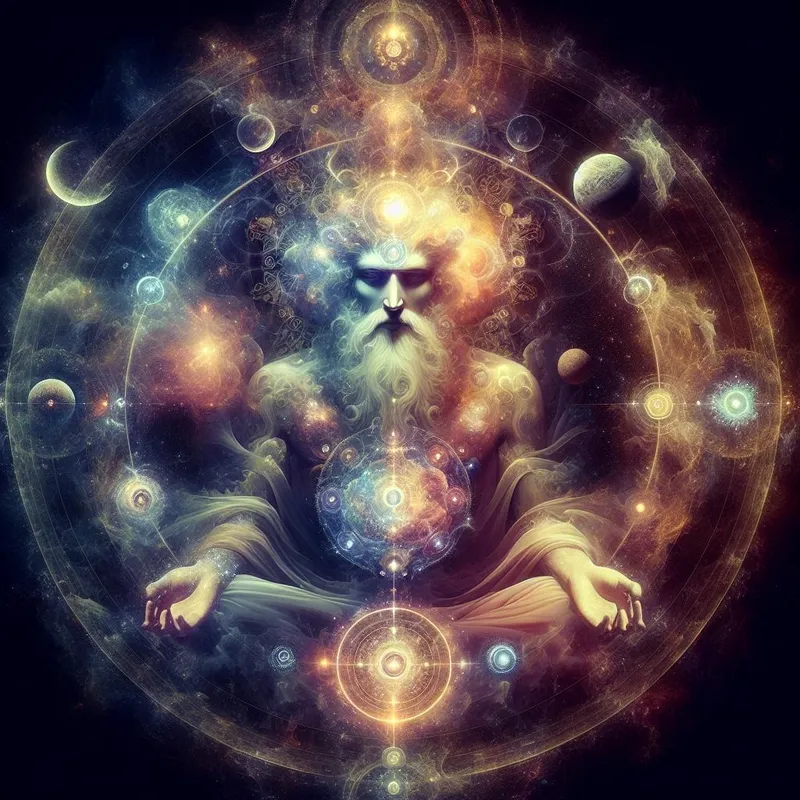
"Unveiling the Divine Mystery: Christ's Dual Nature Explained"
Posted on 02 April 2024
Christ's Two Natures
The question of whether Jesus Christ has two natures or only one is not explicitly addressed in the Bible. However, understanding that Christ has two natures is the most biblically and theologically consistent position. The New Testament provides information that indicates Jesus is both fully God and fully man. While this may be difficult to understand and explain, it aligns with the teachings of the New Testament. Jesus is God who entered the human race as a man.
Understanding Jesus' Nature
According to John 1:1, the Word is God. In verse 14, we see that the Word John speaks of is Jesus, who took on human flesh and "tabernacled" among us. Additionally, Matthew and Luke both record Jesus' birth from the Virgin Mary and provide His human lineage. From these passages, we can conclude that Jesus is both truly human, born into the human race, and fully God.
Incorrect Explanations
Some early groups attempted to explain the nature of Christ by suggesting that the divine "Christ spirit" came upon the man Jesus. For example, certain Gnostic groups believed that the Christ spirit came upon Jesus at His baptism and left Him at the crucifixion. In this scenario, it may seem like Jesus had two natures, but upon closer examination, this is not the case. The man identified as Jesus would actually be two separate entities sharing a body, with each person having only one nature. He would be Jesus the human and Christ the divine. However, this explanation suggests that God only appears to enter the human race without actually doing so.
Another incorrect explanation suggests that Jesus Christ was only one person with one nature. However, this would mean that His nature would be a combination of divine and human elements. He would not be fully human because the divine nature has mixed with the human nature, making Him something more than human. Similarly, He would not be fully God because the human nature has mixed with the divine nature, making Him something less than divine. This idea parallels Greek and Roman mythology, where a god has a child with a human woman, resulting in an offspring that is more than human but less than a god.
Illustration of Christ's Nature
An illustration may help in understanding this concept, although it should not be seen as a perfect analogy. Consider a king who wants to identify with the poorest in his country. One way he could achieve this is by disguising himself as a beggar and interacting with them. However, in this situation, he is only pretending to be a beggar since he can return to the comforts of the castle at night and retains all the resources of a king. On the other hand, the king could renounce his throne and give away everything, truly becoming a beggar. However, in doing so, he would cease to be a king. A third option is that the king could temporarily give up the use of his resources for a set period while knowing that he will ultimately resume his position as king. In this last scenario, he is both truly a beggar and truly a king. Jesus became man but remained God.
The Hypostatic Union
The only way to adequately explain the biblical data is to understand that Jesus is one person with two natures—a human nature and a divine nature. He is both God and Man. The New Testament affirms that Jesus Christ, who walked the earth, died on a cross, and rose again, was fully human with a functioning human nature (without sin). Simultaneously, Jesus was fully God. He willingly humbled Himself and gave up His glory and the independent use of His divine attributes while still remaining God. Jesus Christ is fully man and fully God—He possesses the nature of both. He is the Man who is also God, and He is God who became a Man.
Why This Matters
Understanding the two natures of Jesus is crucial for our faith and salvation. If Jesus were not fully God, His sacrifice on the cross would not have been sufficient to atone for our sins. Only a perfect, sinless sacrifice could pay the price for humanity's redemption. Additionally, if Jesus were not fully man, He would not have been able to represent humanity and serve as our High Priest, interceding on our behalf before God.
Think About It
Contemplating the nature of Jesus can deepen our appreciation for His sacrifice and the magnitude of what He accomplished on our behalf. It reminds us that God loved us so much that He entered into human history as one of us to save us from our sins. The two natures of Christ also highlight the profound mystery of God's nature and His willingness to bridge the gap between divinity and humanity.
